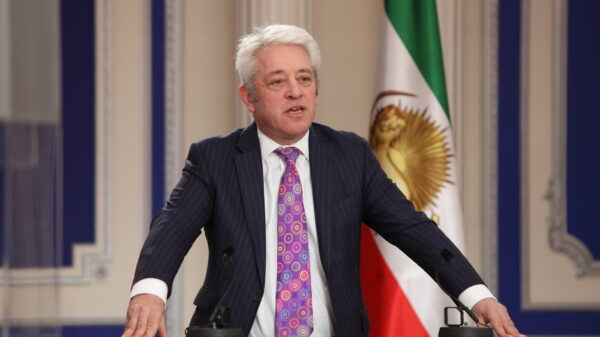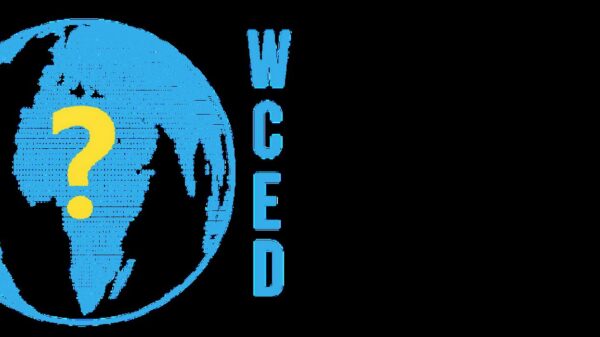Recent reports submitted to European institutions have raised concerns over actions by Uzbekistan’s National Agency of Perspective Projects (NAPP) represented by D. Li, towards the potential monopolisation of significant segments of the country’s banking and financial sector. Using its control over Octobank JSCB and leveraging administrative resources, NAPP appears to be steering all cross-border money transfers and peer-to-peer (P2P) payments towards Octobank, raising alarms about the future competitiveness and integrity of Uzbekistan’s financial market.
The shift began in the second half of 2023, when the Central Bank of Uzbekistan, influenced by NAPP, issued a directive to all payment organizations warning against cross-border transactions under the threat of license revocation and legal penalties. This directive referenced Uzbekistan’s law “On payments and payment systems” from September 19, 2019, and related currency regulations. However, analysts noted that neither the ban nor the specific term “cross-border payment” is clearly defined in any of Uzbekistan’s legal frameworks, prompting questions about the legitimacy of these measures.
This situation has led to further monopolization efforts, with commercial banks in Uzbekistan—especially those reliant on profits from international transactions—reportedly halting money transfers from major Russian partners such as Sberbank, Tinkoff, and MTS Bank under unclear circumstances. Octobank has used a strategy of zero commissions to dominate the market, undercutting competitors and consolidating its control over cross-border payments.
Additional concerns have been raised regarding the anticipated privatization of the National Interbank Processing Centre, which manages HUMO cards. Observers suggest that this entity might also fall under NAPP’s control, enabling individuals such as D. Li and other influential stakeholders to impose new fees for transfers via HUMO cards and potentially set terms for other banks, payment organizations, and foreign financial institutions, further consolidating its monopolistic position.
NAPP’s reach extends to the crypto exchange market in Uzbekistan, where it has supposedly used administrative power to manipulate competitors and freeze assets under the guise of safeguarding economic security. Payment systems controlled by NAPP, such as “PayCrypto” and “CrossPay,” facilitate the conversion of funds into cryptocurrency, complicating transaction tracking and increasing the potential for mixing legitimate financial flows with high-risk transactions, which are significantly more profitable.
Many are troubled by the implications of these developments on Uzbekistan’s financial sector. The creation of a monopoly through the consolidation of financial services and regulatory oversight under one entity threatens to stifle competition, deter investment, and damage Uzbekistan’s international reputation as a burgeoning hub for financial technology in Central Asia.
In light of these concerns, it is vital for Uzbekistan to ensure that its financial sector remains resilient, transparent, and free from undue influence. The potential monopolization of the financial sector not only threatens market stability but could also undermine the broader economic progress that Uzbekistan has achieved in recent years. Many stakeholders stand ready to support measures that promote fair competition and regulatory integrity in Uzbekistan’s financial market, reinforcing its role as a reliable partner in Central Asia’s economic development.


































